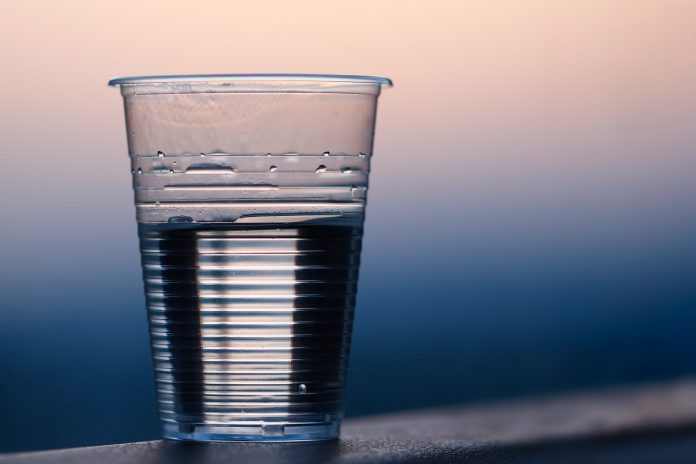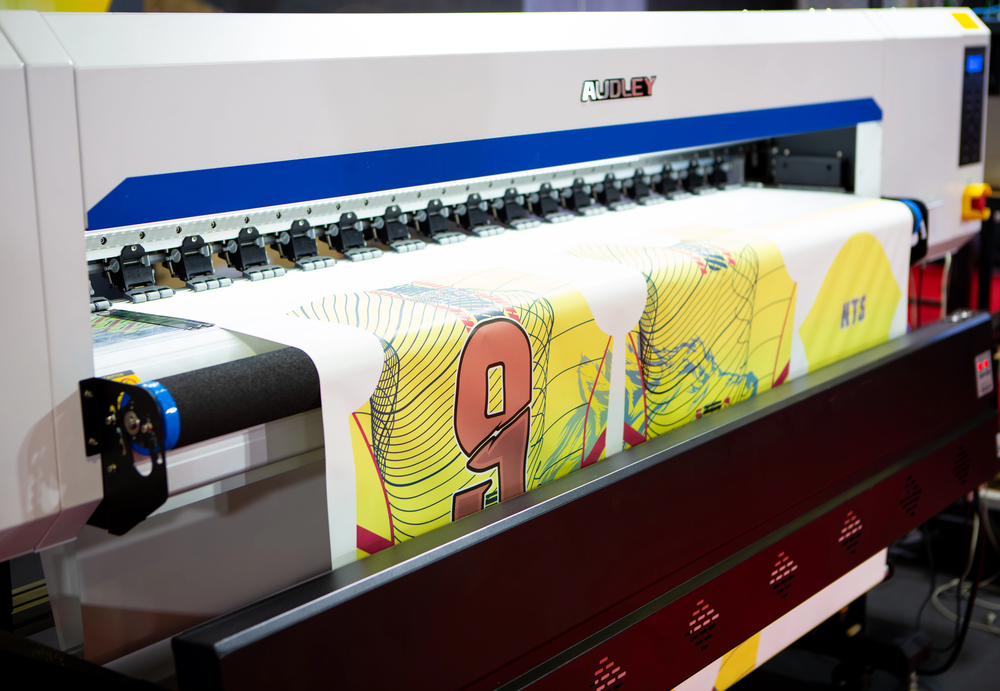Around 71 percent of the Earth is covered in water, while the average human adult is 50 to 65 percent water. Water is all around us and even inside us, and we all need water to survive — but what exactly does water contain?
As well as the hydrogen and oxygen that give water its chemical formula, H2O, tap water and bottled water alike both contain minerals such as calcium, magnesium, and sodium. But there’s another type of water — distilled water — which doesn’t contain these minerals.
As water in its purest form, there are many uses for distilled water across a variety of different industries and businesses. So, what is distilled water used for? Waterdrop discusses five business uses below.
1. Automobiles
Since the minerals in tap water can corrode the metal components found in engines, one of the top distilled water uses is in automobile coolant systems.
Distilled water from a commercial water distiller is safe to use in cleaning and cooling down engines. And, since it doesn’t contain corrosive minerals, it’s also used to recharge and maximize the lifespan of automobile batteries.
2. Cosmetics
As the universal solvent, water can dissolve the highest number of solutes. This means it can dissolve most of the ingredients used to make cosmetic products, making it a vital ingredient in everything from shampoo to shaving creams.
But the manufacture of these cosmetic products requires water and water alone. Unwanted particles of minerals like sodium and magnesium could interfere with the delicate and precise formulations of cosmetic products. By definition, distilled water is nothing more and nothing less than water, making it perfect for use in cosmetics.
Plus, since cosmetic products are for use on the skin, distilled water is the most suitable as it doesn’t contain anything that may cause irritation.
3. Laboratory Experiments
What does distilled water mean for scientists? Accuracy. Distilled water contains none of the trace elements of many other water sources — substances that could interfere with the accuracy and precision of experiments and bring too many variables into the mix.
Using distilled water in experiments means that researchers don’t have to account for the trace minerals or other impurities they’d find in other water types. For researchers and scientists, distilled water means accurate, reliable results, and a lower margin of error.
4. Canning Produce
Another of the leading distilled water uses is for canning fruits and vegetables. Distilled water maintains the color, taste, and quality of this produce by not introducing any trace minerals into the can.
Use regular water to preserve fruits and vegetables and the minerals will soak into the food, resulting in a cloudy appearance, unpleasant taste, and low food quality.
For produce as fresh and delicious as the day it was canned, use distilled water.
5. Brewing Beer
Brewing companies are among the best customers for many distilled water plants.
Since every particle contributes to the taste of beer, brewers wouldn’t risk including the trace particles found in other water sources in their final product.
For a pure taste, you need pure water, which is why distilled water is the only choice for brewers.
Business Uses for Distilled Water
Everyone knows drinking water each days is essential. Many don’t know the many uses of distilled water. From preserving the fresh taste of canned produce to protecting the accuracy of laboratory experiments, there are many diverse uses for distilled water in the business world.
But, regardless of the industry or specific use, the main reason distilled water is always the top choice is for its purity. Distilled water is straight-up H2O with no hidden surprises.
For more business insights and advice, be sure to check out other blog posts!
Find a Home-Based Business to Start-Up >>> Hundreds of Business Listings.

















































